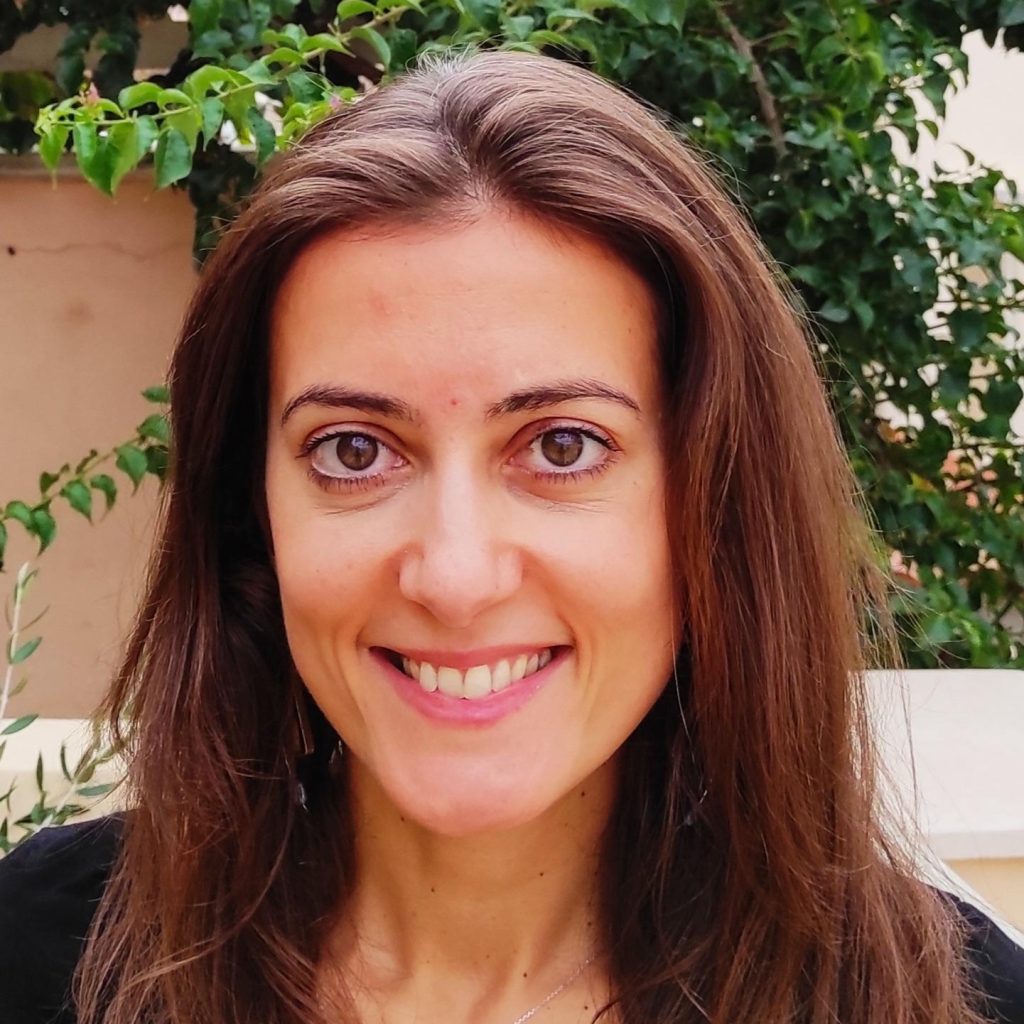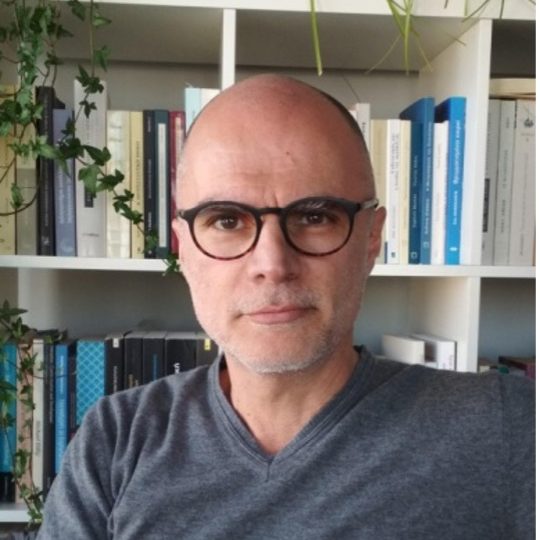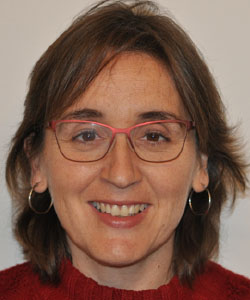
Project
“Understanding the Effects of Social Heterogeneity on Support for Redistribution. The Role of Identities, Threats and Diversity Beliefs”
The project HETEROBUTION offers a social psychological analysis of the link between social heterogeneity and redistribution. Drawing upon the social identity tradition and intergroup threat theories, we aim [a] to investigate how social heterogeneity shapes people’s redistribution preferences through triggering different identification patterns and associated perceptions of threat and [b] to reveal the moderating role of socioeconomic factors (socioeconomic status and economic inequality) and ideological factors (diversity beliefs and political orientation) in these processes. We aim to answer these questions using a wide array of methodological tools: Analyses of cross-national data, a large-scale national survey, novel social psychological experiments, and behavioral economic experiments.

This project is carried out within the framework of the National Recovery and Resilience Plan Greece 2.0, funded by the European Union – NextGenerationEU (Implementation body: HFRI)

The research project is hosted at the University of Crete (Department of Psychology)

The project will be funded by the Hellenic Foundation for Research and Innovation: Basic Research Financing (Horizontal support for all Sciences), National Recovery and Resilience Plan (Greece 2.0).
Team

Katerina Petkanopoulou
Principal Investigator
Katerina Petkanopoulou is an assistant professor of Social and Organizational Psychology at the University of Crete. Her main research interests are intergroup relations, social identity, political psychology, and emotion. Much of her research is about the social-psychological consequences of power asymmetries and inequalities. She is also interested in the social-psychological processes and the factors that explain people’s participation in collective action and support for policies that aim to redress inequality. She is the PI of the HETEROBUTION project.

Tilemachos Iatridis
Tilemachos Iatridis is an associate professor of social psychology at the Department of Political Science, University of Crete. His research interests lie in processes of (de)legitimization of social inequalities in a broad sense. His contribution to the project focuses on the flexible role of ideological beliefs about diversity and difference on other main variables studied in HETEROBUTION.

Giannis Lois
Giannis Lois is a post-doctoral researcher at the University of Crete. His research interests include the neural and cognitive mechanisms of inequality justification and politically motivated reasoning. In the HETEROBUTION project, he focuses on developing behavioral economic paradigms that explore the relationship between external factors such as social heterogeneity and economic inequality and support for redistribution.

Stefanos Mastrotheodoros
Stefanos Mastrotheodoros is an Assistant Professor of Developmental Psychology at the Department of Psychology at the University of Crete, and a researcher at the Department of Youth and Family at Utrecht University in the Netherlands. His research interests focus on adolescent development and the evolution of interpersonal relationships during adolescence and youth. In the HETEROBUTION project he is working as a statistical consultant, responsible for conducting the multilevel analyses..

Maria Nefeli Dimopoulou
Maria Nefeli Dimopoulou is a PhD candidate in Social Psychology at the National and Kapodistrian University of Athens. Her research interests center on the study of social inequalities, collective action, and intergroup contact, with an emphasis on gender and sexual identities. In the HETEROBUTION project, she contributes to research on the factors shaping support for redistribution, focusing on data handling and broader research development.

Katerina Liona
Katerina Liona is a social psychologist and PhD candidate at the Panteion University of Social and Political Sciences (Greece). Her research interests focus on social movements, collective action and on social representations of ideology and radicalization. Her contribution in the HETEROBUTION project focuses on research design and data analysis of experimental studies aiming to investigate the relationships between social heterogeneity and support policies.

Efraín García Sánchez
Efraín García Sánchez is a Ramón y Cajal Research Fellow at the University of Granada (Spain) and a Faculty Affiliate at Stanford SPARQ, Stanford University. His research examines the social psychological processes underlying how people perceive, understand, and respond to economic inequality and redistributive policies. As a member of the HETEROBUTION research team, he contributes to analyzing how economic inequality and social heterogeneity interact to shape support for redistribution

Rosa Rodriguez-Bailon
Rosa Rodriguez-Bailon is a professor in Social Psychology at the University of Granada (Spain). Her research interests are on economic and power disparities, social cognition, stereotypes, prejudice and discrimination. She is member of the advisory board of the HETEROBUTION project.
News - Events
Annual meeting of the international Society of Political Psychology
The HETEROBUTION Team will join the annual meeting of the international Society of Political Psychology in Prague (Czech Republic) (3-6 July 2025) with the presentation “Dilemmas on the stakes of diversity, preferences for diversity in the community and political identities in Greece and the UK” and the Poster Ethnic diversity accentuates the effect of political ideology on immigration attitudes.
19th National Conference of Psychological Research
The HETEROBUTION Team joined the symposia “Μοιραζόμαστε τις ομοιότητές μας, γιορτάζουμε τις διαφορές μας”; Εξαρτάται από τον αντίπαλο… [We share our similarities, we celebrate our differences” — It depends on the opponent.] and “Μορφές, Παράγοντες και Κοινωνικοπολιτικές Προκλήσεις στις Σύγχρονες Δημοκρατίες [Forms, Factors, and Sociopolitical Challenges in Contemporary Democracies]”, which were organized as part of the 19th National Conference of Psychological Research in Ioannina, Greece (7-11 May 2025).
Honorologic meeting
The HETEROBUTION Team participated to the Honorologic meeting Social Science Perspectives on Individuals, Cultures, and Institutions in the Mediterranean Region in Rethymno (Greece) (6-8 April 2025) with the presentation “Beliefs about Difference and Diversity, Political Projects, and Implications for Social Inequality in Greece”.

